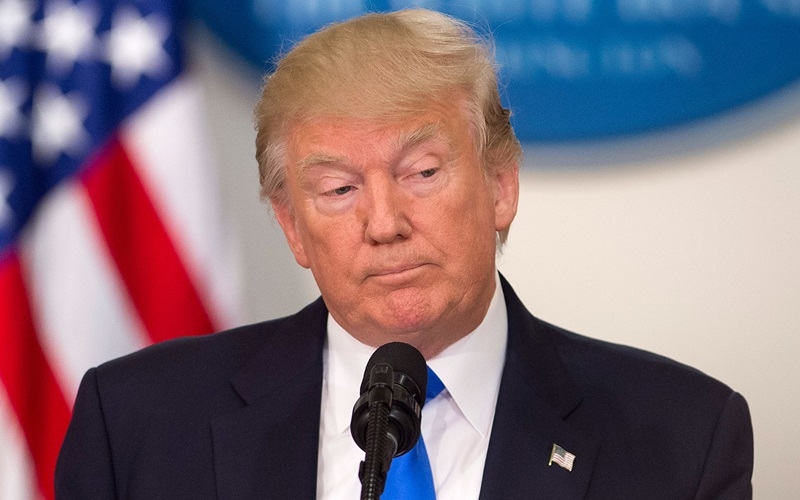Kimmel Pranks Trump Supporters, Exposes Their Patriotism with a ‘Citizenship Test’
In a recent episode of *Jimmy Kimmel Live*, host Jimmy Kimmel took on the challenge of testing the patriotic claims of ardent Trump supporters in a segment that was as revealing as it was entertaining.
With the political landscape increasingly polarized, Kimmel’s team decided to explore whether the self-proclaimed “patriots” at a Trump rally in South Carolina could back up their rhetoric with a basic understanding of U.S. civics. The results were both humorous and eye-opening, exposing a surprising gap between the professed love for America and the actual knowledge of its founding principles.
Kimmel’s crew attended the rally equipped with a simplified version of the U.S. citizenship test, the same test that immigrants must pass to become naturalized citizens. The questions they asked were straightforward, covering fundamental aspects of American governance and history. However, many rally-goers struggled with the answers.
For instance, when asked “What is the supreme law of the land?” one participant responded, “No guns,” while others faltered when asked how many amendments the Constitution has, guessing numbers like 32 or even saying they didn’t know. These questions, which are considered basic for anyone seeking citizenship, seemed to baffle a significant number of those interviewed.
The segment didn’t stop at exposing gaps in civic knowledge. It also highlighted the unwavering loyalty some Trump supporters have for the former president, regardless of his actions. In one clip, a supporter claimed they would stand by Trump even if he committed murder, and another went as far as to say they would support him as a dictator if he chose to be one.
These statements were juxtaposed with footage of Trump himself, notably during an interview where he famously struggled to name a single Bible verse, despite repeatedly citing the Bible as his favorite book. This contrast emphasized the disconnect between the ideals these supporters claim to uphold and their willingness to abandon those ideals in favor of loyalty to a single individual.
Kimmel’s commentary on the results was sharp, reflecting a broader concern about the current state of political discourse in America. The segment pointed out that many of these self-identified patriots are quick to rally around symbols of American identity, such as the flag and the Constitution, yet they often lack a deeper understanding of what those symbols represent. This disconnect raises questions about the nature of patriotism and whether it is being used more as a political tool than a genuine expression of love for the country.

Adding to the irony, Kimmel noted how these same individuals, who claim to cherish American democracy, could not accurately answer questions that are fundamental to understanding how that democracy works. This situation becomes even more concerning when considering that many of these supporters openly express a willingness to undermine democratic principles, such as the rule of law and checks and balances, in favor of authoritarianism if it aligns with their political beliefs.
Kimmel’s “patriot test” is more than just a comedic bit—it serves as a poignant reminder of the importance of civic education and critical thinking in a healthy democracy. By exposing the gaps in knowledge among those who loudly proclaim their patriotism, Kimmel invites viewers to reflect on what it truly means to be a patriot. Is it enough to wear red, white, and blue, or does genuine patriotism require a deeper understanding and commitment to the principles that have shaped the United States?
In the end, the segment is a clever critique of how patriotism is often portrayed and perceived in contemporary American politics. It challenges the notion that loud declarations of love for the country, devoid of any substantive understanding, are enough to claim the mantle of “patriot.” Through humor, Kimmel prompts a much-needed conversation about the responsibilities that come with being a citizen in a democracy, especially one as complex and diverse as the United States.



